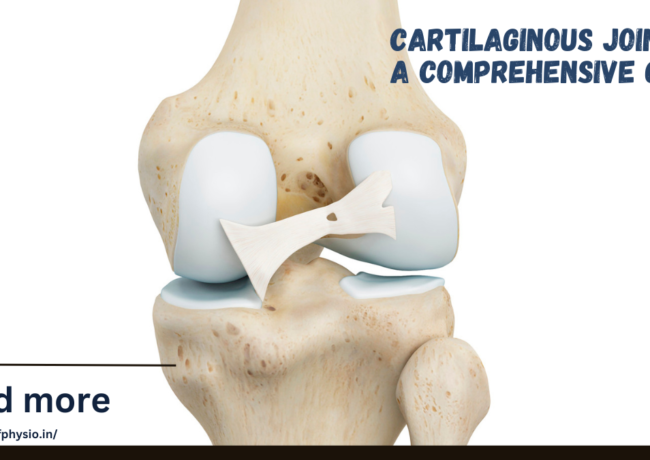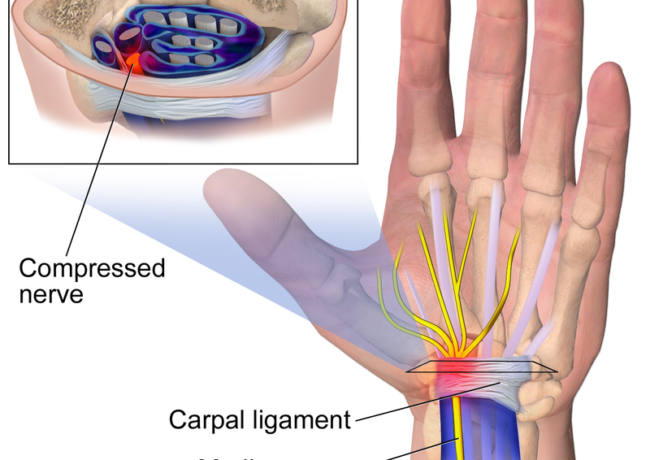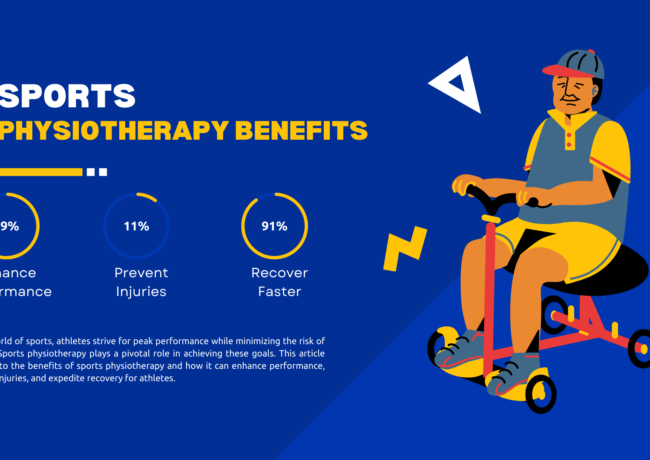
How Night Shift Work Could Increase Your Risk of Diabetes
- May 09, 2024
- by
- Dr. Rajnandini Dubey
Shift work allows businesses and organisations to be productive around the clock. It was initially used to protect camps or cities from predators, enemies, or natural disasters. The increase in night shift work reflects the changing nature of the global economy, technological advancements, and growing demand for round-the-clock services, especially as it increases health-related issues like diabetes.
While night shift work has advantages such as flexibility and financial incentives, it also has negative consequences for workers’ health and well-being, including an increased risk of chronic diseases like diabetes.
Approximately 20% of the workforce now works in shifts, with 25–30% working nights.
Working when you should be sleeping and resting, however, disrupts your normal physiology.
Researchers at Washington State University and the Pacific Northwest National Laboratory discovered that working nights can disrupt important body processes such as blood sugar regulation, energy use, and inflammation management. This explains why night workers frequently experience health issues such as diabetes.
Impact of night shift work on circadian rhythm
Night shift work disrupts our internal body clock, or circadian rhythm, which regulates sleep-wake cycles and other bodily functions. Exposure to artificial light at night can cause irregular sleep patterns and difficulty sleeping during the daytime. This disruption may increase the risk of health issues such as diabetes, cardiovascular disease, and cognitive impairment.
Disruption of hormone production, which increases diabetes
Night shift work has an impact on the production of key hormones such as melatonin and cortisol. Artificial light at night suppresses melatonin, a hormone that regulates sleep, causing sleep disturbances. Cortisol, a hormone involved in metabolism and stress response, can become dysregulated, leading to sleep problems and increased stress levels. These hormonal changes can have long-term health consequences, like diabetes, which emphasizes the importance of addressing the issues associated with night shift work.
Hormonal Changes and Diabetes Risk
Night shift work disrupts the body’s natural hormone production, specifically melatonin and cortisol. Melatonin, which is produced primarily at night, regulates the sleep-wake cycle and influences insulin sensitivity. As a result, irregular sleep patterns can disrupt melatonin production and reduce insulin sensitivity, contributing to insulin resistance.
Furthermore, cortisol, also known as the stress hormone, is important for regulating blood sugar levels. Cortisol levels can rise due to stress or irregular sleep patterns associated with night shift work, resulting in insulin resistance. This happens because cortisol stimulates glucose production in the liver and impairs insulin signaling in cells, worsening insulin resistance.
Lifestyle Factors and Diabetes Risk
Night shift work frequently disrupts daily routines and can encourage unhealthy habits due to irregular working hours and sleep patterns. Night shift workers commonly engage in the following unhealthy lifestyle behaviors:
Irregular sleep patterns: Because night shift workers work during normal sleeping hours, they frequently struggle to get enough sleep. This can result in chronic sleep deprivation and disruptions to the body’s natural sleep-wake cycle, which is known as circadian rhythm disruption.
Poor diet choices: Night shift workers may be more prone to consuming unhealthy foods, such as fast food, processed snacks, and sugary beverages, due to limited access to fresh and nutritious options during late-night shifts.
Lack of exercise: fatigue and irregular work schedules may make it challenging for night shift workers to engage in regular physical activity. Sedentary behavior, coupled with poor dietary habits, increases the risk of obesity and insulin resistance, both of which are major risk factors for type 2 diabetes.
Mitigating Diabetes Risk
A. Suggestions for Employers to Improve Working Conditions:
1. Provide access to healthier food options: Employers can offer nutritious meal choices in onsite cafeterias or vending machines to encourage healthier eating habits among night shift workers.
2. Create designated areas for rest and relaxation: Establishing quiet, comfortable spaces where workers can take breaks and recharge during their shifts can help combat fatigue and improve overall well-being.
3. Offer employee assistance programs (EAPs): EAPs can provide resources and support for managing stress, improving sleep, and making lifestyle changes to reduce the risk of diabetes.
4. Implement flexible scheduling options: Allow workers to have input into their shift schedules whenever possible, enabling them to better balance work and personal responsibilities and minimize disruption to their circadian rhythms.
B. Tips for Individuals to Prioritize Sleep and Maintain a Healthy Lifestyle:
- Establish a consistent sleep schedule: aim to go to bed and wake up at the same times each day, even on days off, to regulate your body’s internal clock and improve sleep quality.
- Limit exposure to light before bedtime: Reduce exposure to artificial light, especially blue light from electronic devices, in the hours leading up to bedtime to support the natural production of melatonin and improve sleep.
- Prioritize physical activity: Incorporate regular exercise into your routine, even if it’s just a short walk or stretching session during breaks at work. Physical activity can help regulate blood sugar levels, improve insulin sensitivity, and enhance overall health.
- Choose nutritious foods: Opt for balanced meals and snacks that include a variety of fruits, vegetables, whole grains, lean proteins, and healthy fats. Avoid excessive consumption of sugary or processed foods, which can contribute to insulin resistance and diabetes risk.
- Manage stress: Practice stress-reducing techniques such as deep breathing, meditation, yoga, or mindfulness to help alleviate the psychological and physiological effects of stress on the body.
You may also Like

Weight Loss: Top 5 Trending tips to lose weight

































